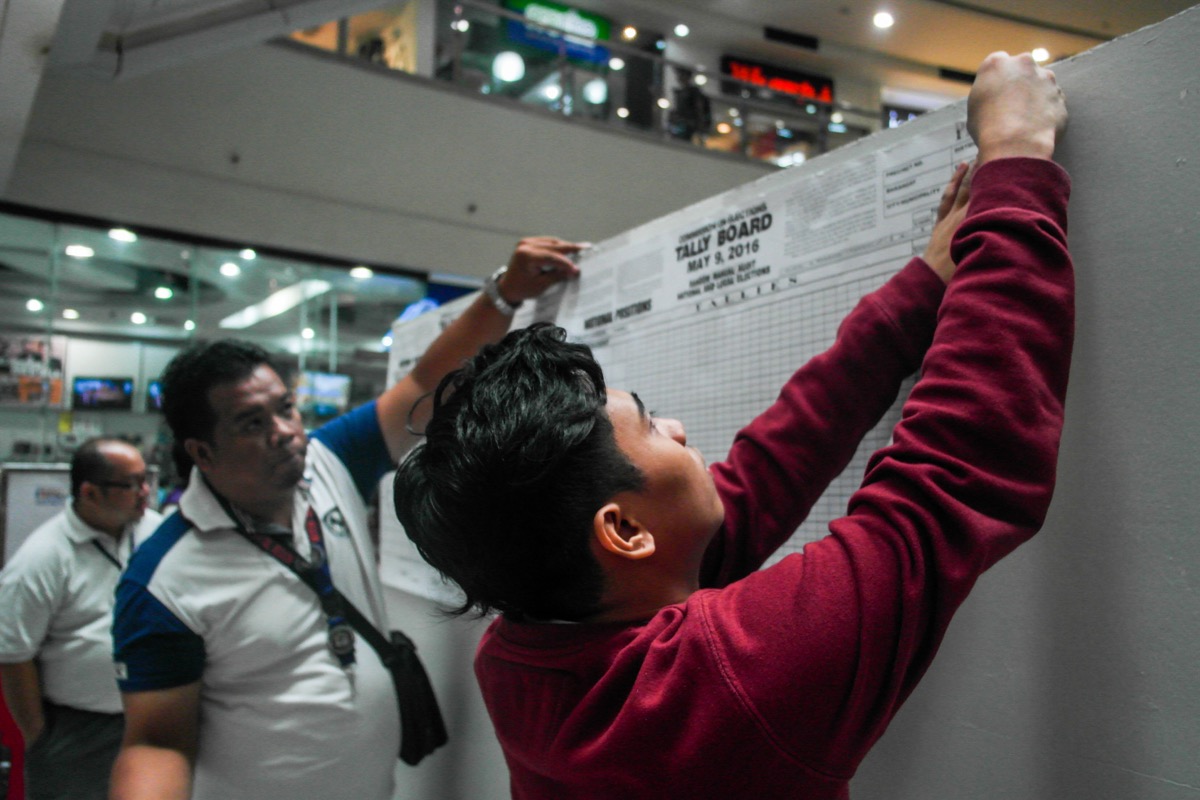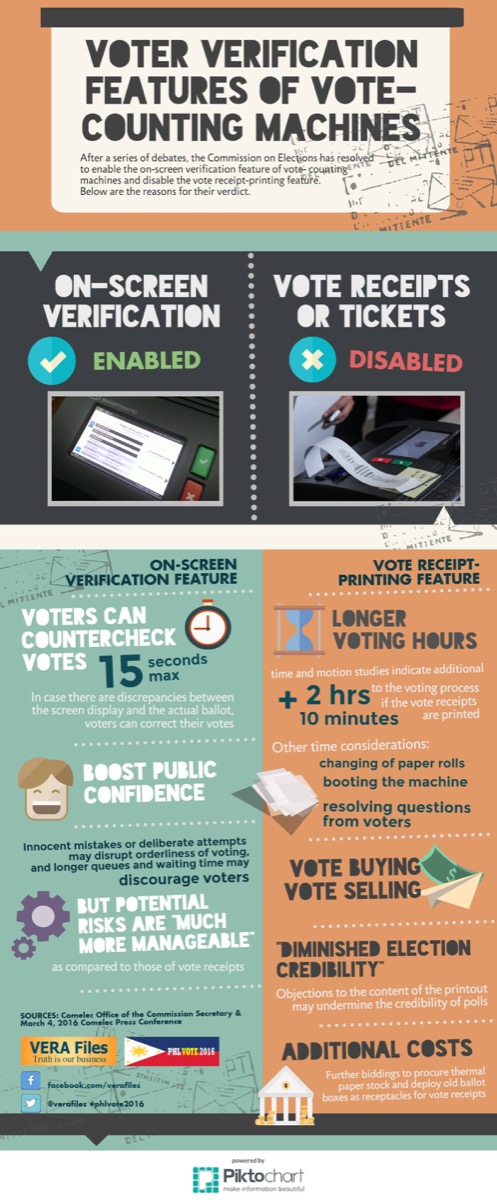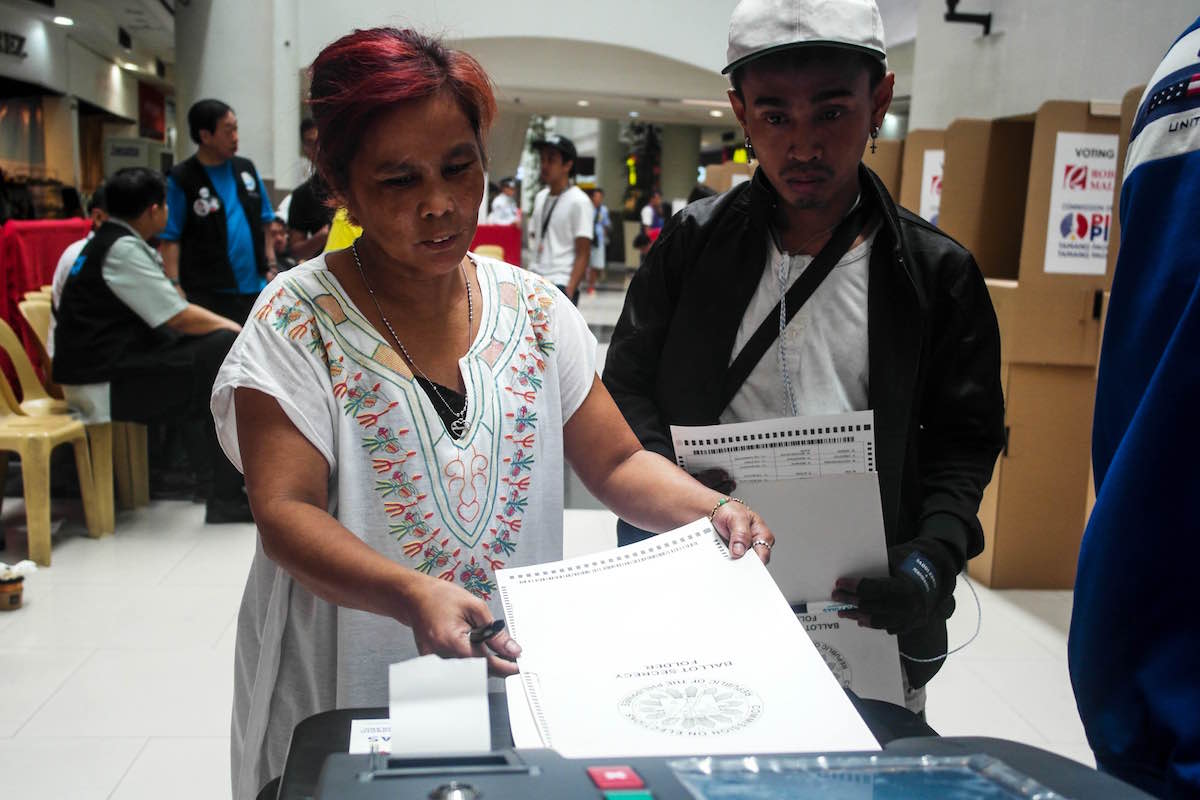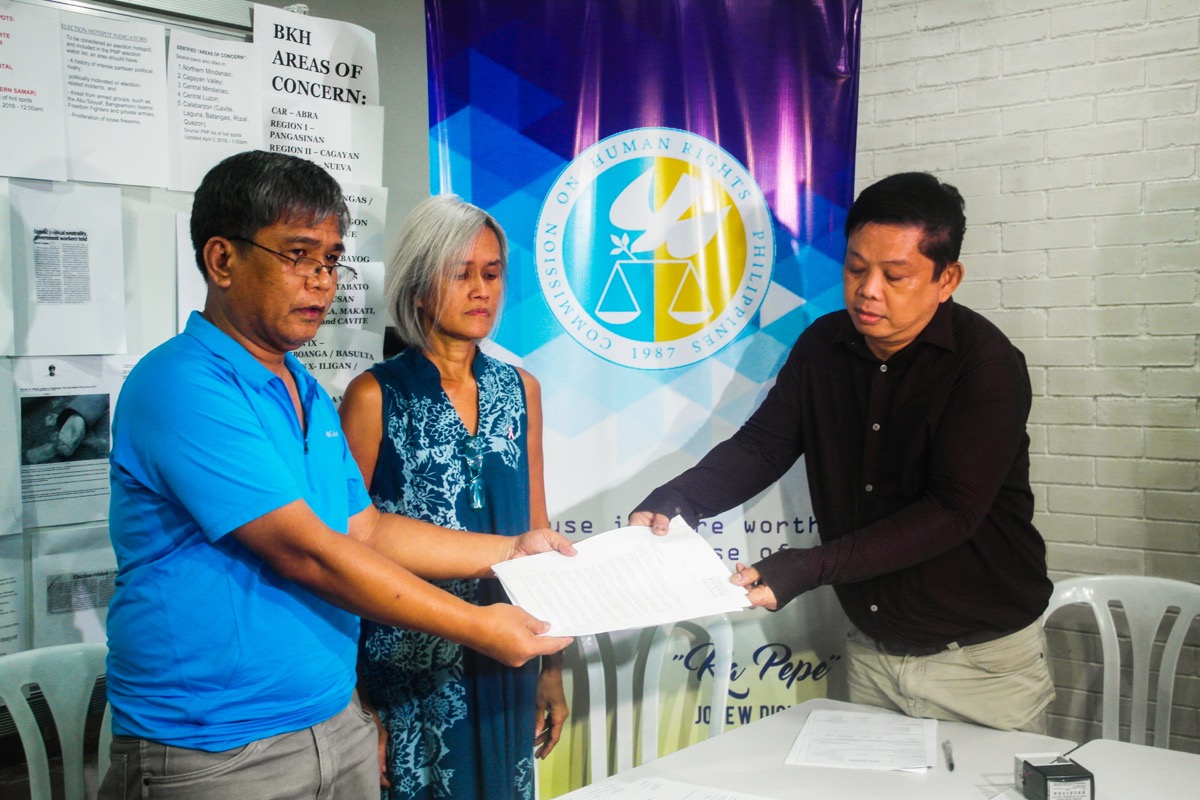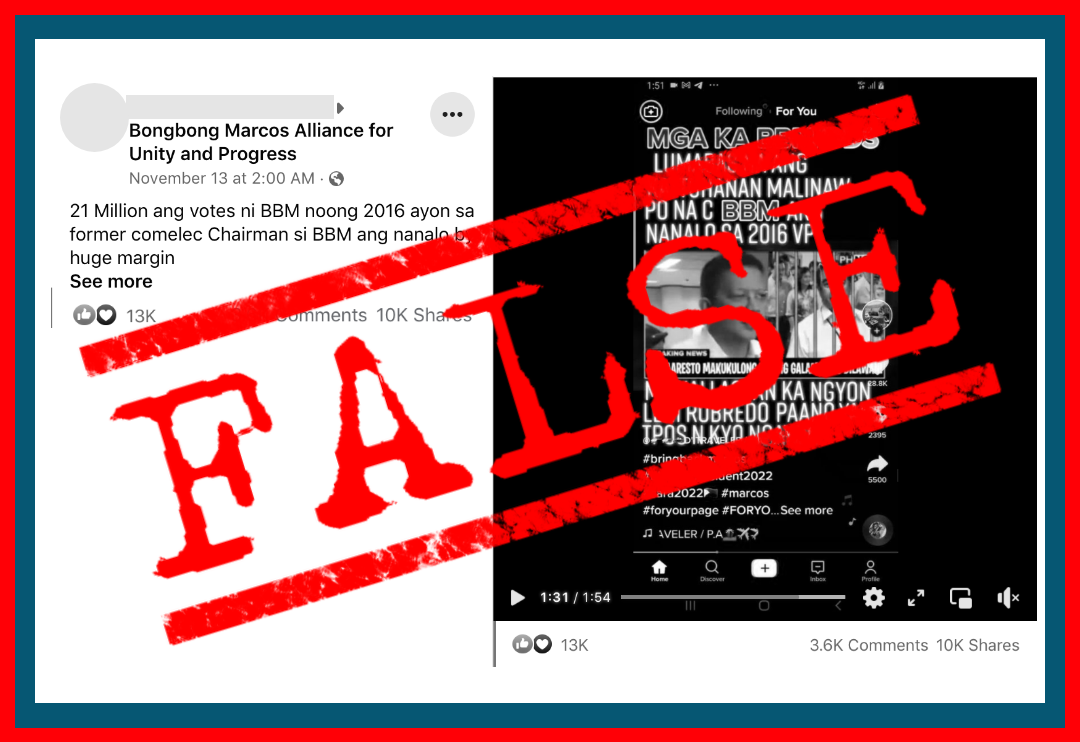
By MARIA FEONA IMPERIAL
THE Commission on Elections (Comelec) is proposing stricter measures on the posting and airing of political advertisements as well as the tracking of its donors as part of the efforts to make the 2016 elections transparent and fair.
Candidates in the May 9 elections may be required to submit a written acceptance of donated election propaganda materials prior to broadcast or publication under the draft Implementing Rules and Regulations of Republic Act 9006 or the Fair Elections Act for the 2016 elections, which was opened for public consultation Monday.
Section 10 of the IRR reads: “Election propaganda materials donated or contributed by any person to a candidate or party shall not be printed, published or broadcasted, or exhibited unless it is accompanied by the written acceptance by said candidate or party, through the party treasurer.”
The provision is intended to result in a more comprehensive monitoring of campaign donations.
The Campaign Finance Unit of the Comelec, which was created in 2012, should go beyond merely receiving and keeping reports relating to campaign expenditure. It should be monitoring fund raising and spending activities even prior to the elections.
Watchdogs call for transparency on ad donors
In December, media research firm Nielsen Philippines reported that spending by national candidates on political advertisements from January to November last year totalled nearly P1.6 billion.
It said the top spender among the presidentiables was Vice President Jejomar Binay, who spent almost P596 million for television ads. For the vice presidential race, Senator Alan Peter Cayetano has shelled out the most with P398 million.
This prompted election watchdogs Task Force 2016, Integrated Bar of the Philippines (IBP) and Legal Network for Truthful Elections (LENTE) to release a joint statement challenging all candidates to be transparent in reporting financial sources of their campaign.
LENTE chairperson and IBP national president Rose Setias-Reyes reminded the candidates of the responsibility to reveal their donors and contributors prior to the campaign period even though they are not legally obliged to do so.
“This measure of transparency would show us that these candidates are not hiding anything from us,” she said, adding that it is not enough that candidates say that family and friends are their financial sources.
“We need to know who these friends and family are,” Setias-Reyes said.
Campaign finance has been proven to have a direct link to governance, corruption and proliferation of political dynasties and unlawful use of government funds, said lawyer and LENTE executive director Rona Ann Caritos.
“Kung ang pumopondo sa kandidatura ng isang kandidato ay isang mayamang negosyante, magtataka pa ba tayo kung magiging protektado, kahit maraming nilalabag na batas ang negosyanteng ito, kung ang kandidato ng sinuportahan niya ang manalo? (If the person who funds a certain candidate is a rich business owner, would we still wonder if the candidate protects the funder’s business interests even if he or she violates several laws?)” Caritos said.
Quid pro quo resulting from campaign contributions, in the form of policy favorable to donors has been identified as a major problem in campaign finance in the past, on top of premature campaigning, anonymous contributors and the need for disclosure of campaign expenses. (See Campaign finance reforms pushed)
Despite these recurring issues, no institutional reforms have been made in the campaign finance law.
Parameters on disclosure of donors
Comelec Commissioner Christian Lim proposed in a separate position paper that the poll body set parameters on what are considered “reasonably legible or audible words” when it comes to disclosing the payors and donors of advertisements.
In the 2013 elections, the poll body has observed that the font size used for the required disclosure was intentionally reduced and the time of display shortened, making them difficult to be seen or heard.
To ensure that the required disclosure statements are properly communicated to the public, Lim said the poll body should consider setting uniform font sizes, typefaces and minimum line heights. For video advertisements, there must be a minimum time that the disclosure statement is displayed.
He also proposed that the Comelec emphasize the use of the true names of contributors and donors instead of unregistered or unidentifiable group names such as “Friends of Candidate A.”
No posting of ads on public terminals
The poll body is also considering setting restrictions on the posting of ads in public places, a position that will again put them at odds against the Supreme Court which in 2015 ruled the move as unlawful.
In 1-United Transport Koalisyon vs. Comelec, the high court declared that government restriction on the posting of election propaganda is unconstitutional, invoking the right to free speech in expressing one’s preference to vote for a particular candidate.
The Comelec deleted provisions pertaining to public transport terminals in the draft IRR of the Fair Elections Act. But Lim argued that the original provisions must be retained, yet with a clarification on the basis of ownership.
He said in a position paper that the ruling “applies only to public transport terminals that are privately-owned.”
Citing Section 261 the Omnibus Election Code, Lim noted that the use of facilities owned or controlled by the government for an election campaign is an election offense. If it is government property, then it should not be used for campaign.
Lim also noted that the Mass Rapid Transit and Light Rail Transits, which are privately-owned, fall under the ban since these are still controlled by government.
Broadcast airtime limits
The draft of the IRR has also reverted the guidelines on broadcast election propaganda to a per station basis, following a 2014 SC decision declaring the “total aggregate limit” as unlawful.
This means that candidates seeking national office may now again avail of the 120 minutes maximum airtime for television and 180 minutes for radio. Local candidates, meanwhile, are entitled to 60 minutes maximum for television and 90 for radio.
However, Lim has a different opinion.
“By adopting the per station basis, the Commission is giving signals to candidates and parties that they are free to maximize their advertisement allocation without regard for expenditure limits,” Lim said in his position paper.
He argued that the SC struck down the aggregate limit rule due to lack of prior hearing or consultation, and the lack of a reasonable basis. The fact that the Comelec is holding a public consultation now addresses that issue, he added.
Lim maintained that keeping the candidates within the bounds of the campaign expenditure limit is in itself a reasonable basis to keep the airtime limit rule.
Comelec chair Andres Bautista noted during the public consultation that there is a lack of guidelines on online campaigning in the draft IRR.
The Comelec says comments and position papers on the provisions of the draft IRR will be considered and will be subject to en banc discussion.
The public consultation is an effort of the poll body to be “more transparent and consultative with its stakeholders” for a credible 2016 elections, Bautista said.

